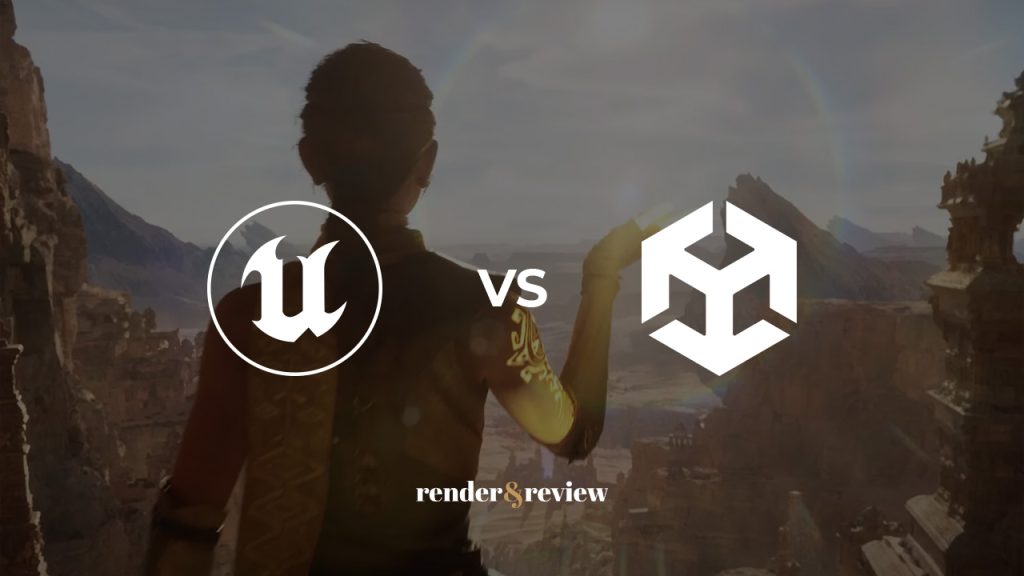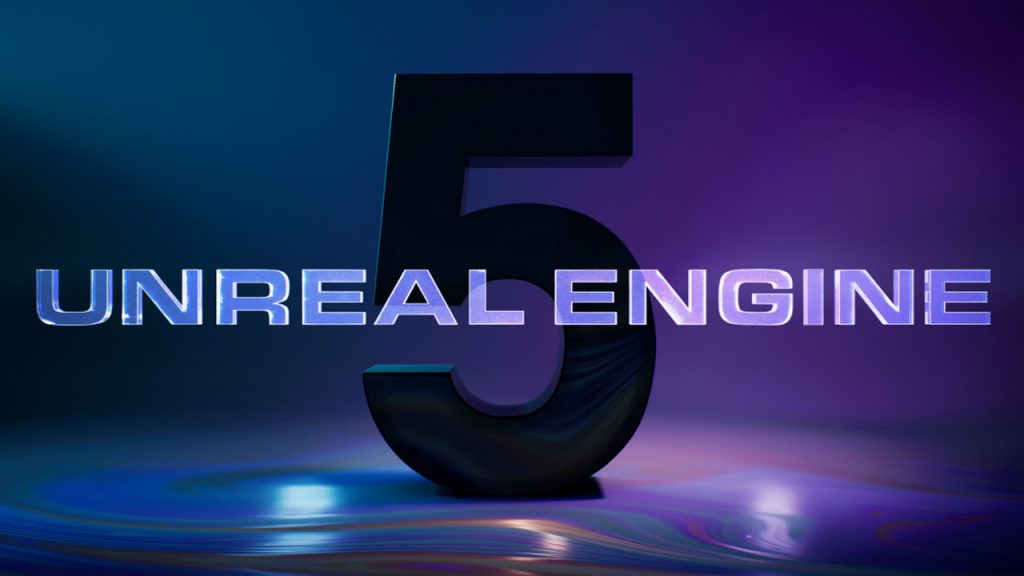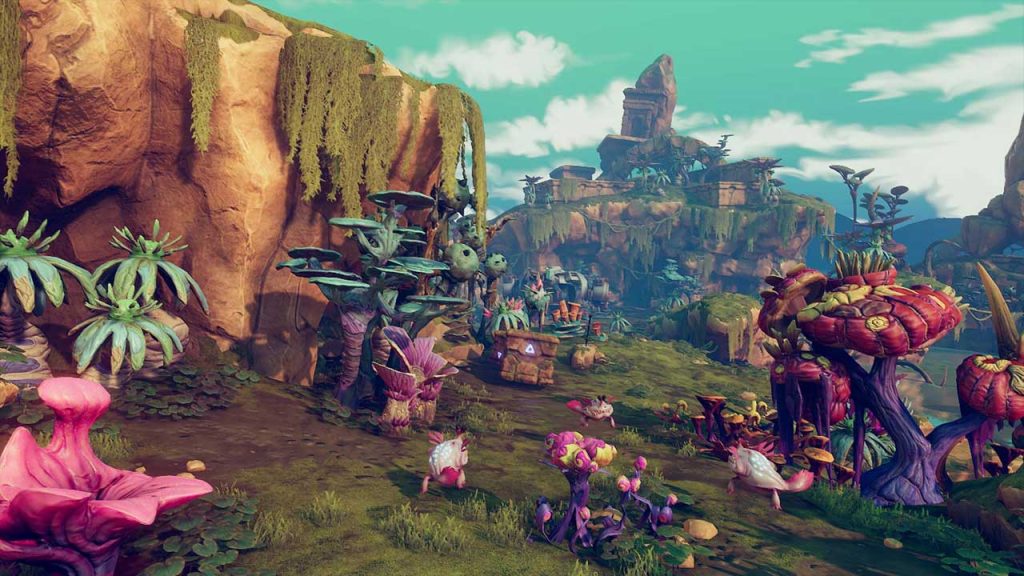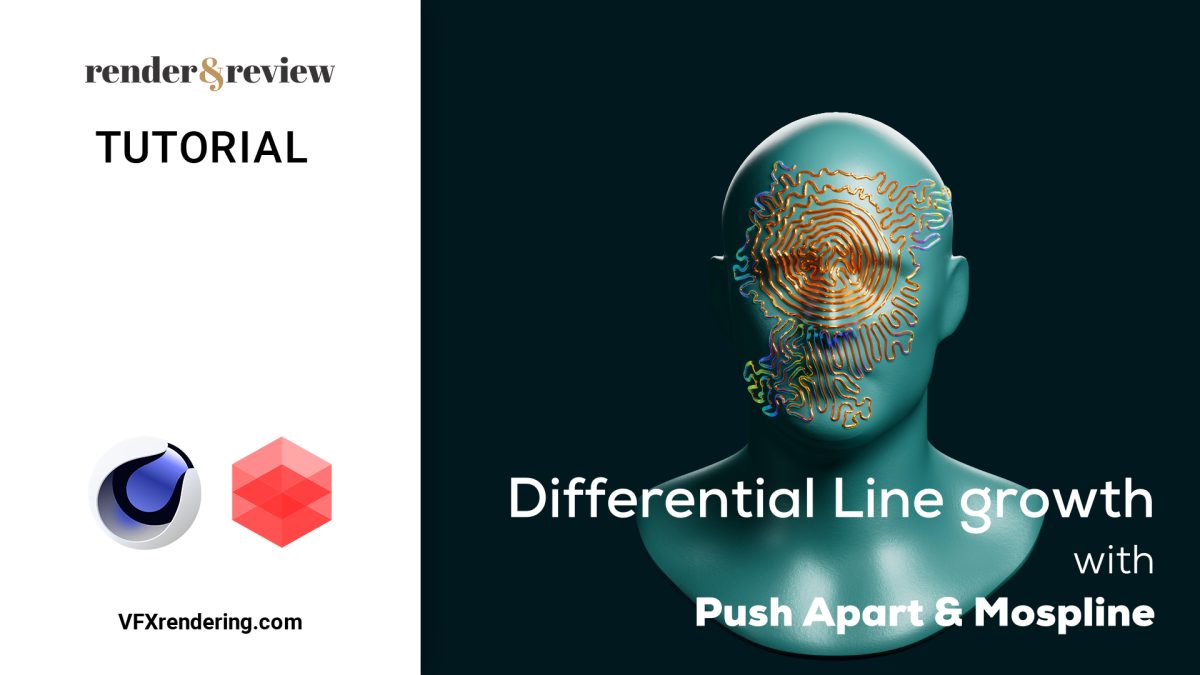Unity vs Unreal Engine 5: Which game engine is for you?
Selecting the appropriate game engine holds significant importance for game developers, particularly those who are new to the field. Unity vs Unreal Engine 5 stand out as two of the most popular choices, each possessing its own strengths and weaknesses.
In this article, VFXRendering will explore the differences between the two game engines – Unity vs Unreal Engine 5, and help you decide which one is best fit for your needs.

Table of Contents
What is Unity?
Unity is a versatile game engine developed by Unity Technologies. It was initially introduced in June 2005 during the Apple Worldwide Developers Conference, primarily as a Mac OS X game development tool. Over time, it has evolved to support an array of platforms, including desktop, mobile, consoles, and virtual reality. The user-friendly nature makes Unity a favored choice for novice developers and indie game creators.
Unity’s capabilities extend to crafting both three-dimensional (3D) and two-dimensional (2D) games, as well as interactive simulations and various immersive experiences. In addition to video games, this engine has been adopted in diverse industries such as film, automotive, architecture, engineering, and construction.
What is Unreal Engine?
Unreal Engine (UE), developed by Epic Games, is a 3D computer graphics game engine. It was first introduced in 1998 in the first-person shooter video game “Unreal”. Originally designed for PC first-person shooters, it has now been used in various game genres and industries such as film and television industry.
Unreal Engine is written using the C++ programming language and boasts a high level of adaptability. It also supports a wide spectrum of platforms including desktop, mobile, console, and virtual reality.
The most recent generation, Unreal Engine 5, made its debut in April 2022.

Image source: Unreal Engine
Unity vs Unreal Engine 5: Which game engine is for you?
Coding
The primary distinction between Unity vs Unreal Engine 5 lies in the programming language used. Unity uses C# which is known for its user-friendly nature with a simple hierarchy. In contrast, Unreal Engine 5 is built on C++, a language known for its complexity, often involving intricate features.
Therefore, Unity (C#) is easier to grasp and is an excellent choice for mobile and web applications, as well as lightweight desktop projects. On the other hand, Unreal Engine (C++) is ideally suited for demanding, high-performance, heavyweight projects, where robust hardware capabilities are required.
Visual Effects Quality
While both Unity and Unreal Engine are capable of producing top-tier visual effects, Unreal Engine maintains a slight advantage in terms of visual quality. UE has the ability to create photorealistic visualizations and seamlessly integrate high-quality assets from various sources. Unreal’s visual effects quality can fully immerse gamers, enabling them to explore breathtaking new realms.
Rendering
Rendering can accelerate post-processing game development, making it an important factor to consider when selecting a gaming engine. Unreal Engine offers industry-leading rendering speeds as well as quality of the graphics. So in this regard, Unreal Engine outpaces Unity and is the favored choice.
Animation
Both Unity and Unreal Engine offer the capability to craft games with compelling animations, but a crucial distinction lies in the depth and target audience of their animation tools. Unity’s tools are generally more accessible, and designed to cater to novice game developers. In contrast, Unreal Engine’s tools are tailored for seasoned professionals often working within in-house development teams, boasting a higher level of sophistication.
Game devs and artists usually favor Unreal Engine for the excellence of its animation tools and the quality of animation renderings.
Target audience
Unity is very popular within the indie developer community, whereas Unreal is renowned as the engine of choice for major studios and AAA giants. However, UE is gradually gaining ground among the indies.
When it comes to AAA studios, Unreal is much more scalable than Unity, in addition to having superior graphic quality. Unity can encounter limitations when handling the expansive worlds and large-scale projects typically associated with AAA games.
Additionally, Unreal Engine 5’s open-source nature offers a compelling incentive for larger developers. You can add to the engine to improve the implementation of desired features, or you can completely deviate from it.

Image source: Unity
Community
Both engines have a strong presence in the game development sector, thus it is no surprise that they have enormous communities. However, Unity has a larger market share – 63% compared to 13% for Unreal Engine.
A larger community means a bigger knowledge base. Therefore, it is easier for Unity users to get answers to their questions or issues.
Learning curve
Overall, Unity has an intuitive interface and is easier to learn. While Unreal offers a quite complex interface and has a steeper learning curve for beginners.
Unity and Unreal Engine each provide users with comprehensive assistance resources through dedicated help pages on their websites, complete with an array of resources and frequently asked questions to address user inquiries. Unity is also well renowned for having a large user community and thus a lot of online help. Unreal Engine, on the other hand, provides sample projects that users may download and experiment with in order to become acquainted with some of the features.
Pricing
Both Unity and Unreal Engine are free to some extent.
Unity has free and paid licensing options. Its Unity Personal is free with less than $100K of revenue and funds raised in the last 12 months. If you make more than that, you have to choose one of the subscription plans such as Unity Pro at $2040 per year.
Unreal is also free until the lifetime gross revenue from the product exceeds $1 million. In other words, the first $1 million will be royalty-free. For over $1 million, you will need to pay a 5% royalty to Epic Games.
Conclusion – Unity vs Unreal Engine 5
In summary, Unity and Unreal Engine are great game engines. They both support a wide range of platforms including mobile, desktop, console, VR/XR as well as have a huge community and learning resources. They support multiplayer and VR, offer asset libraries, and are essentially free (with certain conditions).
However, there are differences between Unity vs Unreal Engine 5. The key difference is their coding language. Unreal has a clear advantage in producing AAA-quality results. On the other hand, Unity has an intuitive interface and the native language C#, which is easier to learn and is more optimal for beginners.
So, Unity vs Unreal Engine 5: what to choose? It all depends on your needs and goals.
- Unity is the ideal choice if you are a newcomer in game development. Or if your goal is to create an impressive cross-platform game, especially for mobile devices.
- Unreal Engine 5 is the ideal choice if you want to create groundbreaking visuals and AAA games. Or if your primary focus lies in developing games for PC and console platforms.
See more:









No comments